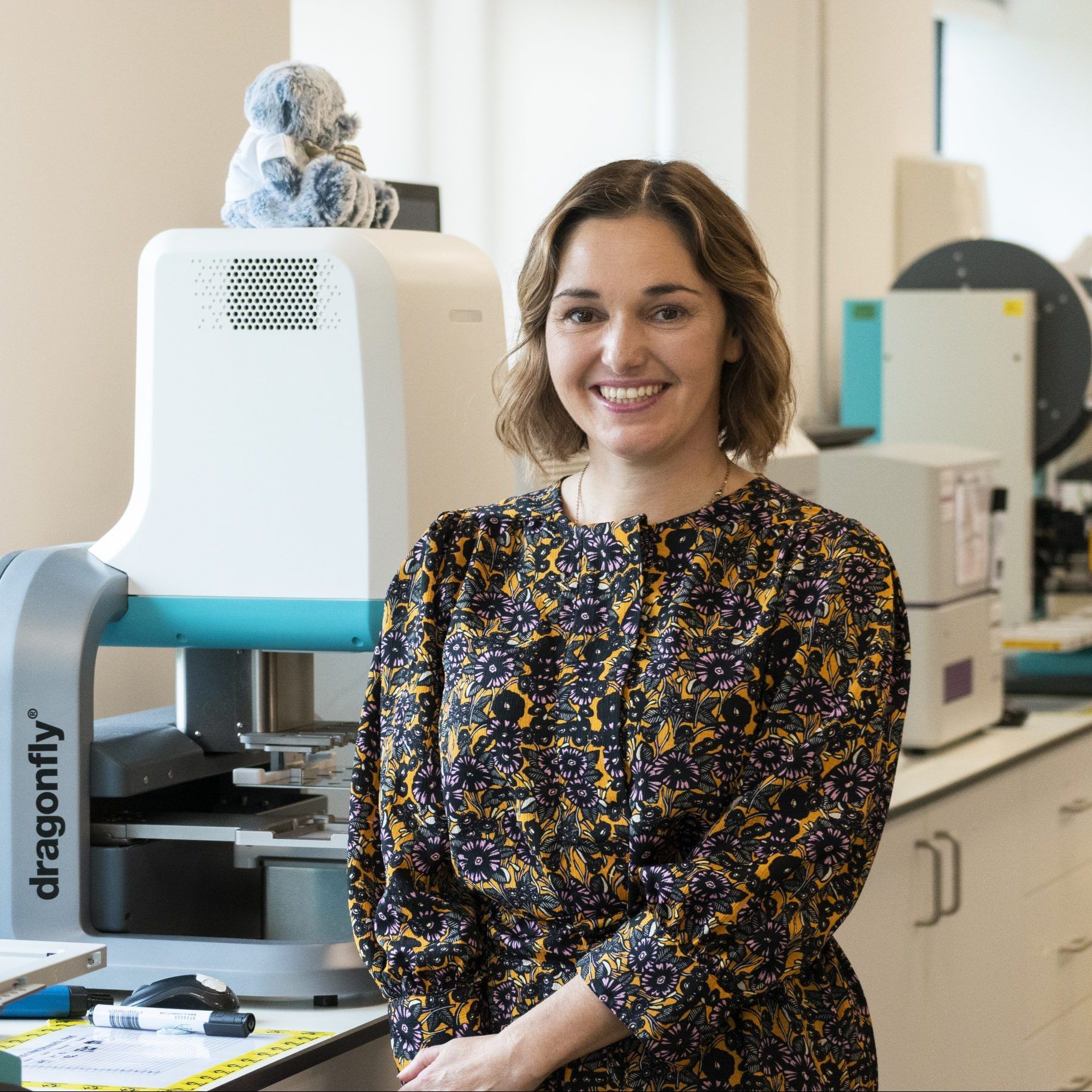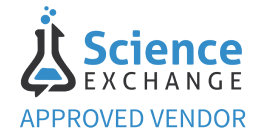
Dr Leigh Stoddart
Principal ScientistLeigh Stoddart joined Excellerate in 2021 from the University of Nottingham, as a highly experienced receptor pharmacologist. She is co-author on over 40 scientific publications, including high profile papers on the kinetics of ligands binding to GPCRs. Leigh was a key participant in the EU Kinetics for Drug Discovery program involving collaborations between large pharma, SMEs and academia. She also brings knowledge and practical application of advanced microscopy techniques such as fluorescence correlation spectroscopy (FCS), TIRF and FRAP to understand GPCR pharmacology at the single cell and single molecule level.

